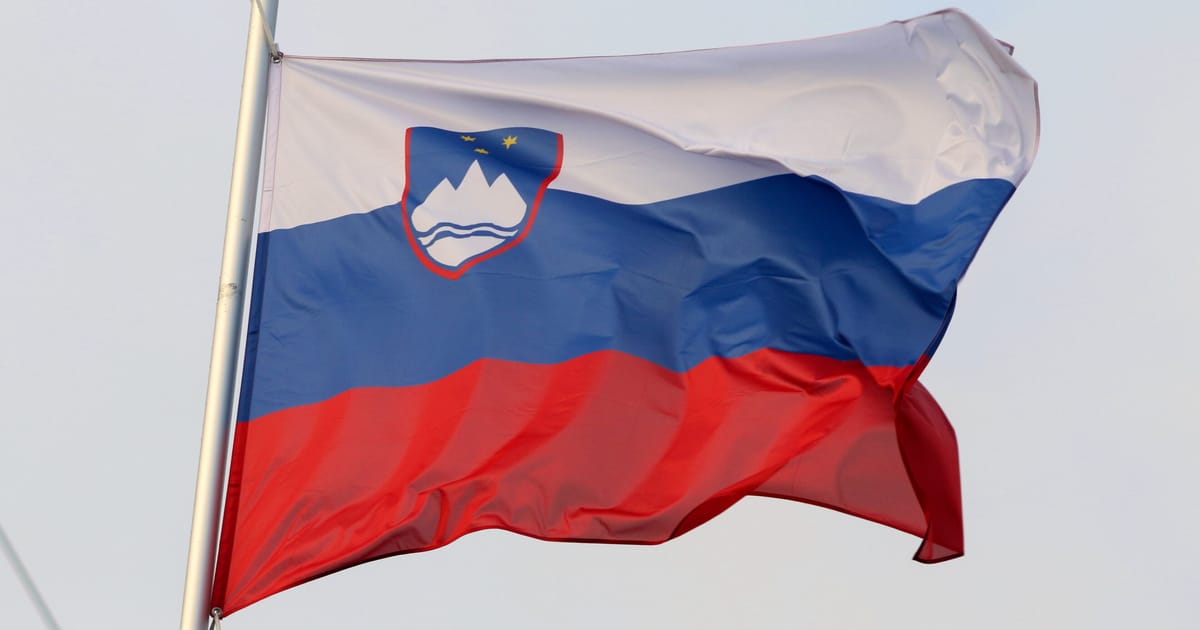

In an evolving global landscape, significant diplomatic efforts and policy changes are shaping the international realm, offering glimmers of calm and cooperation amid ongoing challenges. Key developments in Europe, the Middle East, and Eastern Europe highlight this dynamic state of affairs, providing a broader understanding of current events.
Slovenia has made a unilateral decision to ban all weapons sales to Israel, marking a historic stance within the European Union. In light of the ongoing humanitarian crisis in Gaza, Ljubljana’s move reflects a divergence from the collective stance of the EU, underscoring an independent approach to international diplomacy. By halting arms trading with Israel, Slovenia aims to draw attention to the pressing need for humanitarian considerations in conflict zones, showcasing a thoughtful and proactive engagement with global humanitarian issues.
Meanwhile, French President Emmanuel Macron has achieved a notable success in advocating for Palestinian statehood recognition. While symbolic, this diplomatic stride reflects a long-standing demand of the Palestinian people and contributes to the broader dialogue surrounding peace and self-determination in the Middle East. Although state recognition alone does not resolve pressing humanitarian issues in regions like the Gaza Strip, it lays a foundation for future negotiations and mutual understanding. Macron’s active involvement illustrates the potential for nations to engage constructively in long-term peace-building efforts, fostering hope for a balanced approach towards resolving complex international disputes.
In Eastern Europe, the conflict between Ukraine and Russia remains a focal point for international diplomatic efforts. Ukrainian President Volodymyr Zelenskyy has called for direct talks with Russian President Vladimir Putin, following the latter’s recent comments suggesting an interest in peace negotiations. Zelenskyy’s openness to leader-level discussions indicates a readiness to explore options that might lead to a resolution, provided these overtures are genuine steps towards ending hostilities and paving the way for a durable peace.
However, President Putin’s remarks, expressing a desire for a “lasting and stable peace” in Ukraine, were delivered without outlining any potential concessions. This has led to skepticism among international observers about the feasibility of immediate diplomatic breakthroughs. Nonetheless, the dialogue between Kyiv and Moscow reflects a continuing commitment to explore avenues for peace, keeping open the possibility of future progress.
The international community remains watchful and cautiously optimistic that despite the complexity of these geopolitical issues, diplomatic engagement and targeted policy measures can ultimately contribute to a more peaceful and stable global environment. The combined efforts of various nations and leaders, from Slovenia to France, and the ongoing dialogues between Ukraine and Russia, symbolize a collective commitment to addressing grievances and fostering cooperation. These developments are but steps in a long journey toward comprehensive peace and stability, highlighting the importance of thoughtful diplomacy and concerted international collaboration in the pursuit of harmonious global relations.
Source: {link}
